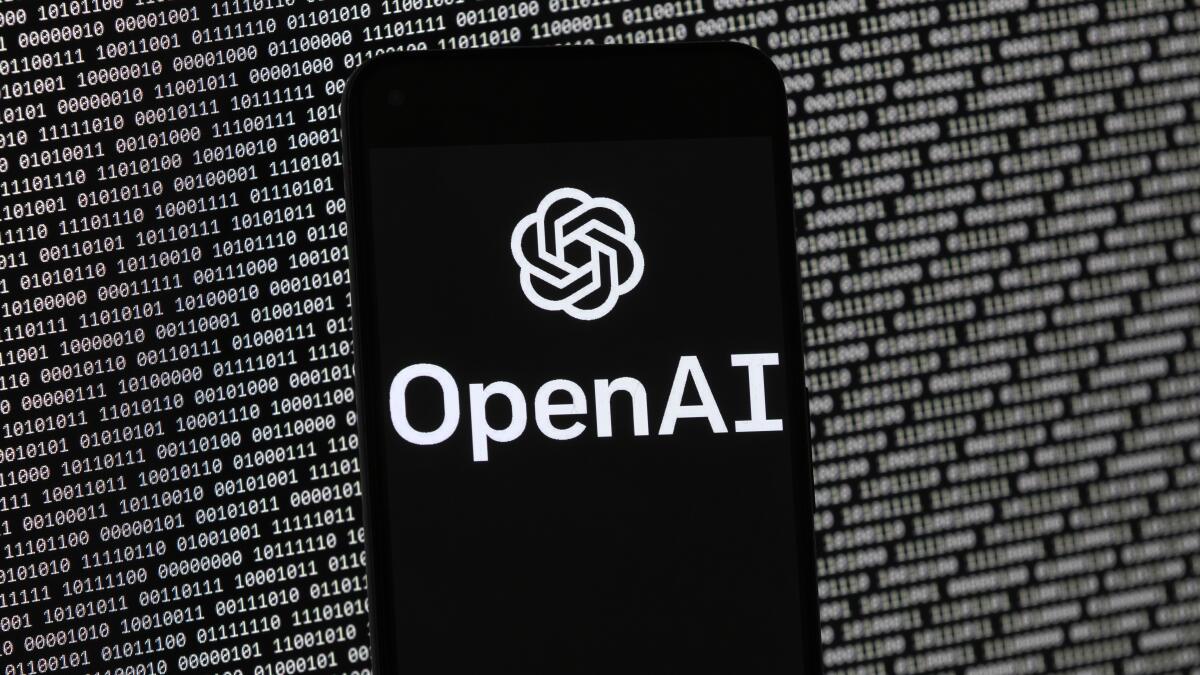Nonprofit at the Helm: How OpenAI's Ethical Compass Steers Its Corporate Ship

The recent announcement follows a wave of growing unease among nonprofit leaders who have been vocal about their concerns regarding OpenAI's strategic shift to separate its commercial operations into a distinct for-profit entity. This move has sparked significant discussion within the nonprofit technology community, raising questions about the organization's original mission and commitment to its foundational principles.
Nonprofit executives have been particularly critical of the decision, arguing that the separation could potentially compromise the initial vision of developing artificial intelligence technologies for the broader public good. The transition signals a complex evolution for OpenAI, which was originally established with a strong commitment to transparent and ethical AI development.
The growing tension highlights the delicate balance between maintaining nonprofit ideals and pursuing commercial opportunities in the rapidly advancing field of artificial intelligence. As OpenAI navigates this transformative period, the technology and nonprofit sectors are watching closely to understand the long-term implications of this strategic restructuring.
